Rape. A topic considered too taboo to discuss, yet an issue that arises too often. On a recent BRAVE trip to the Worcester Thuthuzela Care Clinic in South Africa, I had a moment to reflect on where the roots of rape culture originate. More importantly, I thought about how we as a society have contributed to the sexualization of women and girls. Like many, I was oblivious and ignorant in my understanding of rape culture.
Rape culture is defined as the ways in which a society normalizes rape and other forms of sexual violence. It has so many complex and multifaceted dimensions that we are often blind to as it seeps into our daily lives. I still recall the first time I heard about rape culture. I was sitting in my daily English class, learning about ‘toxic masculinity’. At the time, the topic was introduced to us simply as a set of norms men are expected to follow that in actuality harm society. An example is that ‘men don’t cry’. As we began to go deeper into the topic, my teacher noted that because of toxic masculinity in our society men are encouraged to view women as sexual objects. Their ‘manhood’ is measured by their sexual experience, and these social norms are apparent in many forms of media.
We are so used to derogatory lyrics that we don’t even blink an eye, and, as a result, we become reckless and intoxicated with harmful messages.
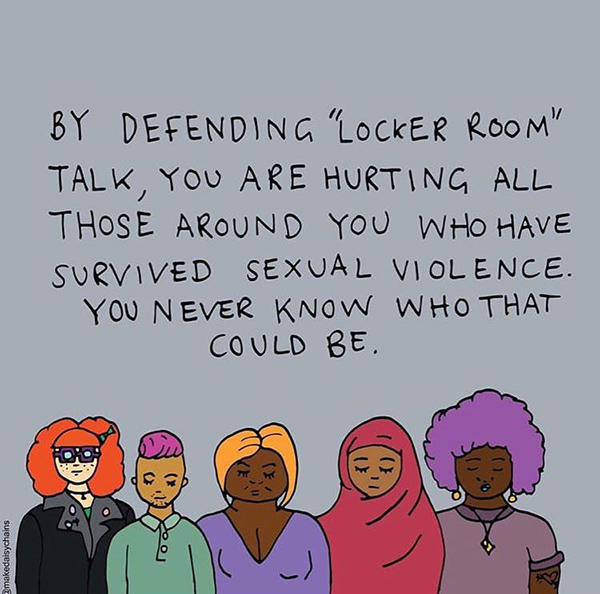
One significant lesson I learned from this class is that rape culture goes hand in hand with ignorance. After the class, I couldn’t help but feel ignorant and disappointed in myself.
I began to pay close attention to the music and media that I was exposed to. I noticed that the music a lot of young people listen to bluntly glorifies rape and that women are constantly hyper-sexualized in music videos and movies. I wasn’t sure why I didn’t notice it before. Then I realized it was because it is all too common in mainstream music. We are so used to derogatory lyrics that we don’t even blink an eye, and, as a result, we become reckless and intoxicated with harmful messages. Is this the way we’re expected to think? And why are we not being taught about this in school?
Even in Disney movies, young children are exposed to rape culture and toxic masculinity. Think, for example, about the movie Snow White. The kiss in the movie was adored, but most conveniently ignored the fact that Snow White was unconscious during that kiss. This sends the message that it is okay for men to not ask for consent, thus normalizing rape culture from a very young age.
If rape culture is included in more school curricula, more students would find themselves reflecting on their own ignorance of the issue.
Schools should be responsible for educating students academically and morally. We are in a toxic society that has us blindly participating in rape culture without us even realizing it. Like many other kids, I was so exposed to rape culture that I didn’t notice it was present in nearly every aspect of society until I was taught about it. If rape culture is included in more school curricula, more students would find themselves reflecting on their own ignorance of the issue.
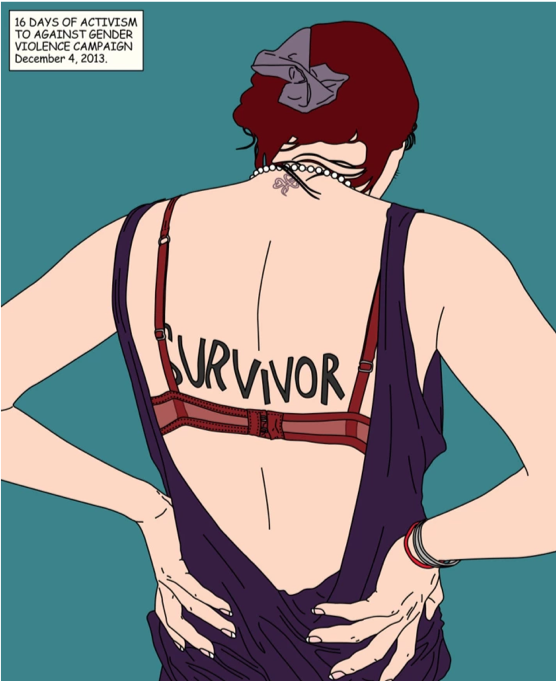
In addition to personal ignorance, institutionalized ignorance also plays a significant role in sexual violence.
Rape culture is a significant issue in the U.S., and it is not being given the attention needed to address it effectively. The legislative system has attempted to combat it with different laws introduced by states and educational institutions, but it is not uncommon for the perpetrator to be forgiven for their crimes. It seems as if all accountability has been lost.
In many educational institutions, places where students should be safe, cases of rape are kept hidden to preserve the reputation of these institutions. I was shocked to find that in some institutions, more students have been expelled for breaking honor codes, such as plagiarism and cheating, than for rape; and rape cases are high in these institutions. In the documentary The Hunting Ground, many rape survivors noted that they had trouble reporting the crime. Unfortunately, this is the case with many crimes of sexual violence. There is little information about how to report the crime, so sexual violence cases go up and perpetrators learn that they can easily get away with it.
If these conversations were taking place in institutions, talking about sexual violence would no longer be a taboo.
In an educational context, all institutions should educate their staff and students on the proper protocols for how to report cases of sexual violence. If these conversations were taking place in institutions, talking about sexual violence would no longer be a taboo. If people were more aware of how often sexual violence occurs, the public would be more likely to address the issue.
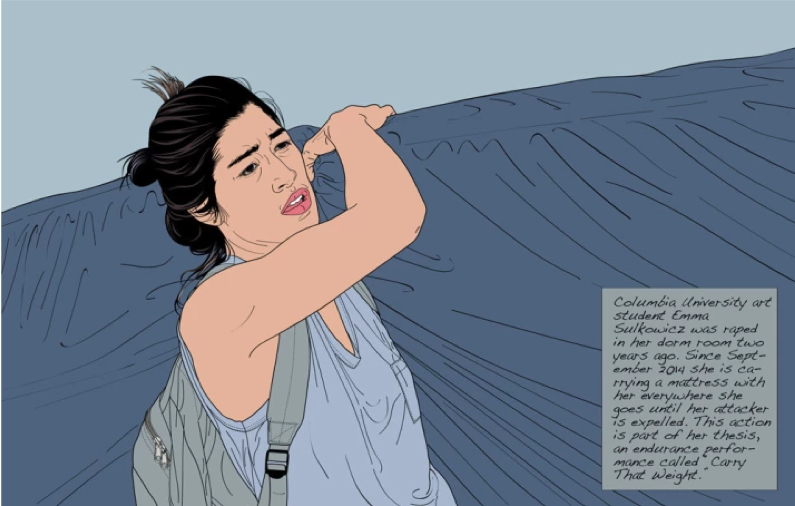
Sexual violence is a significant issue that urgently needs to be addressed. As girls and women, we depend on government systems to protect and serve us, but so far our systems are failing us. For centuries, education has been the key to improving our society, and it is through education on sexual violence that we can reduce the ignorance surrounding the issue and take a step towards a safer world. It’s time for us to reflect on our society and begin adjusting our mindsets around sexual violence.
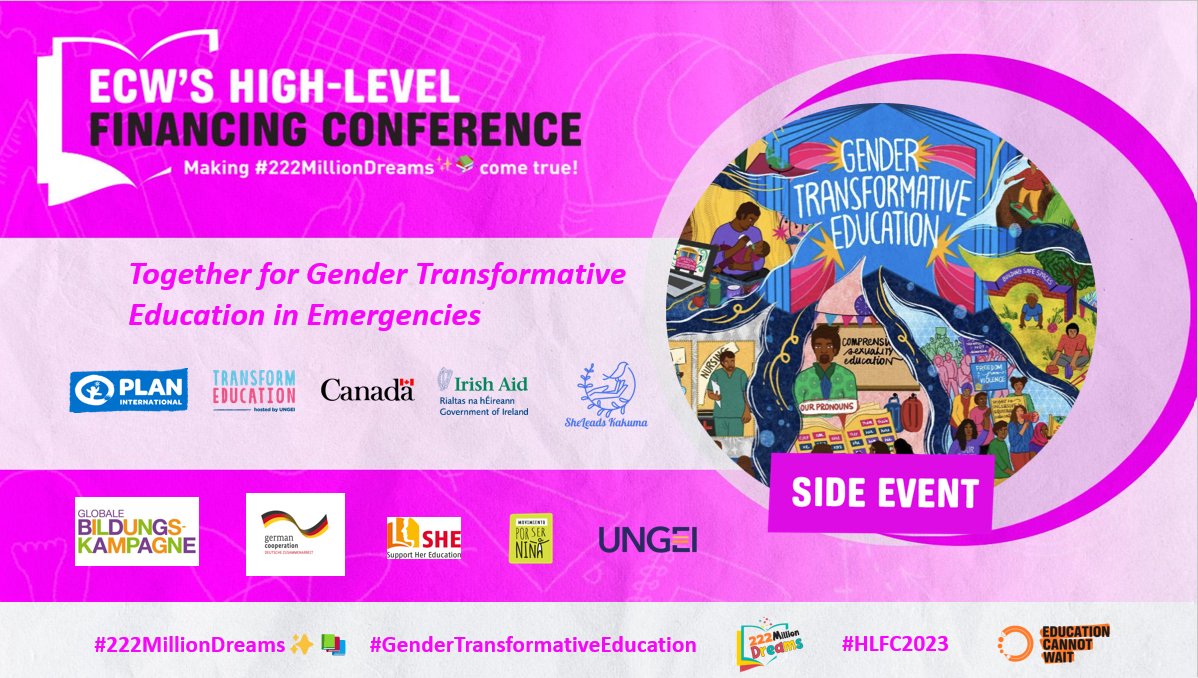
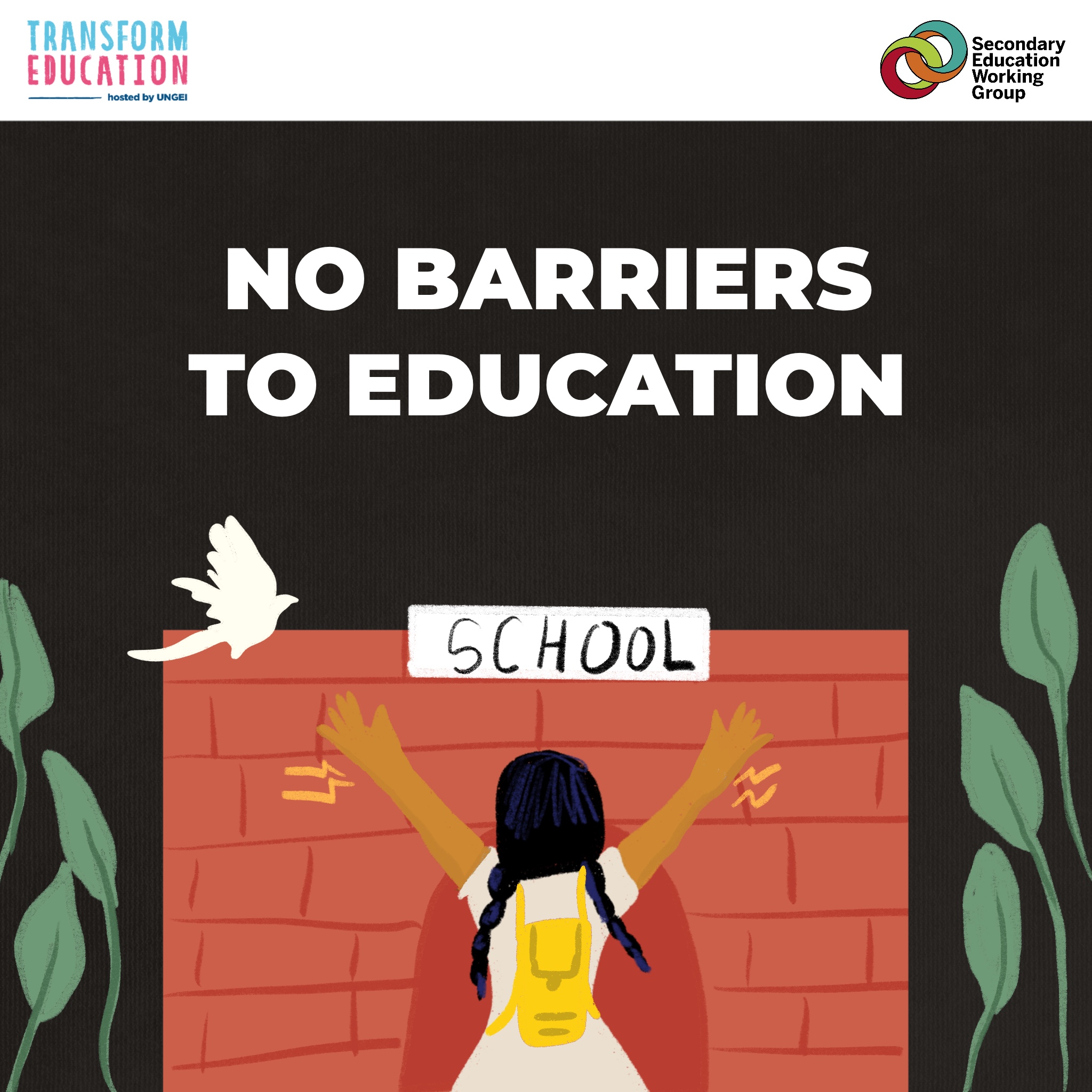
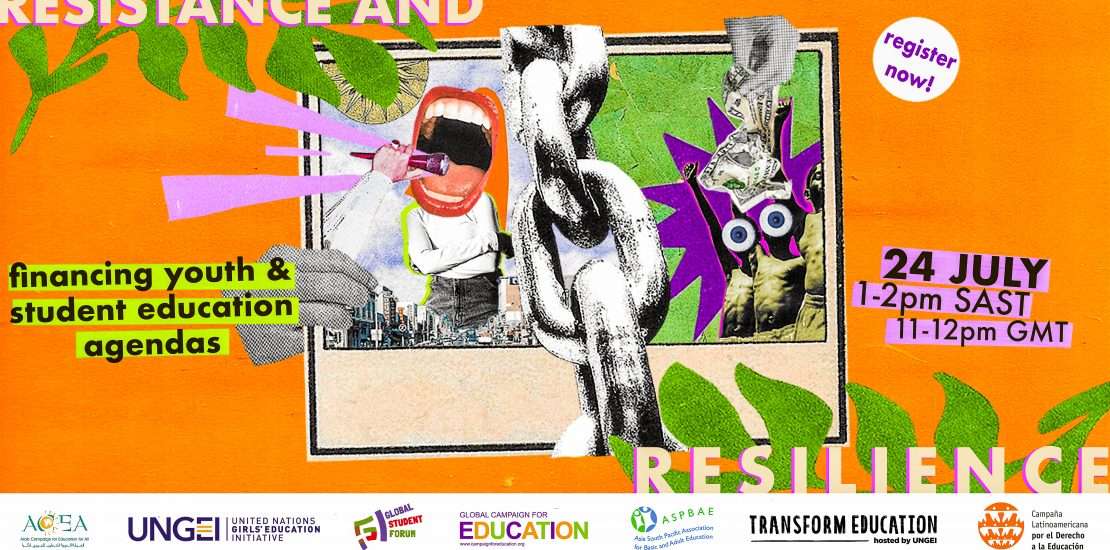
 English
English العربية
العربية Български
Български Hrvatski
Hrvatski Čeština
Čeština Dansk
Dansk Nederlands
Nederlands Suomi
Suomi Français
Français Deutsch
Deutsch Ελληνικά
Ελληνικά हिन्दी
हिन्दी Italiano
Italiano Română
Română Русский
Русский Español
Español Maltese
Maltese Zulu
Zulu አማርኛ
አማርኛ